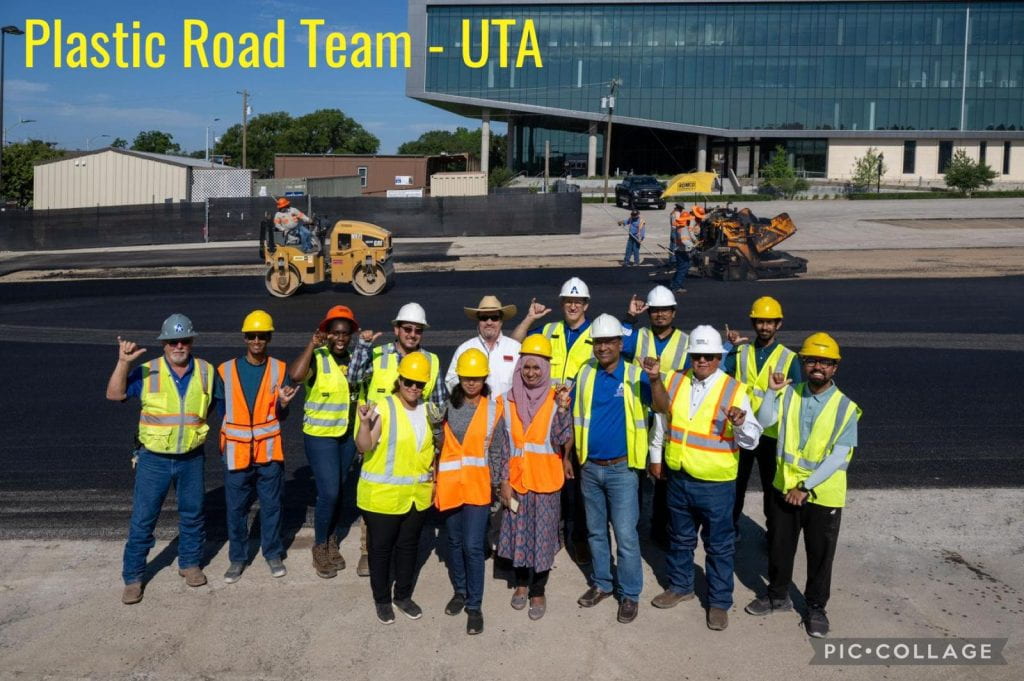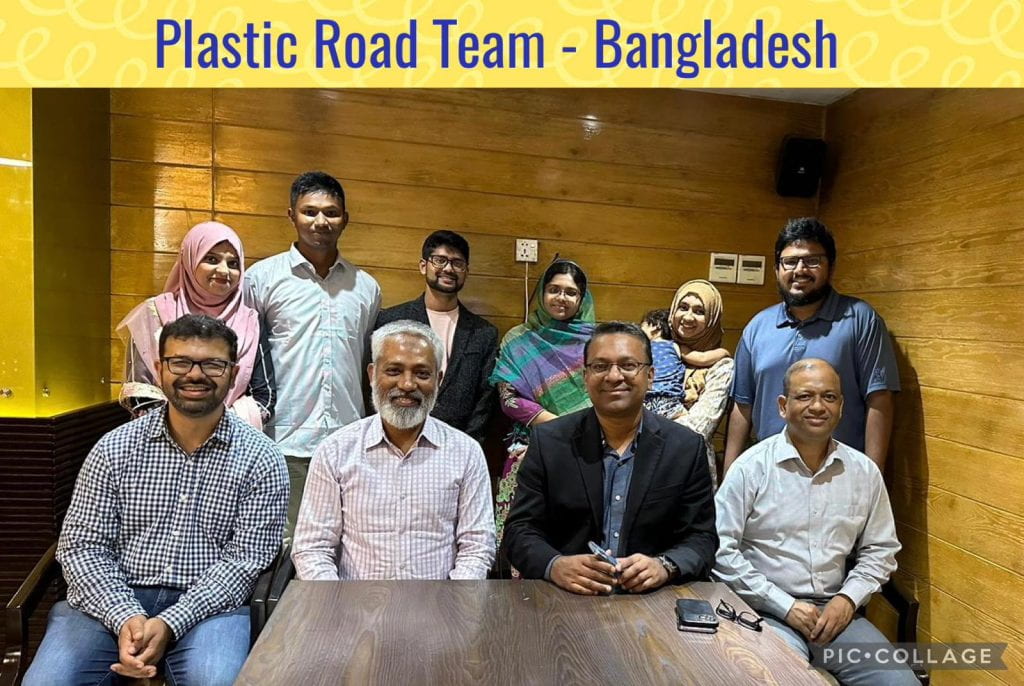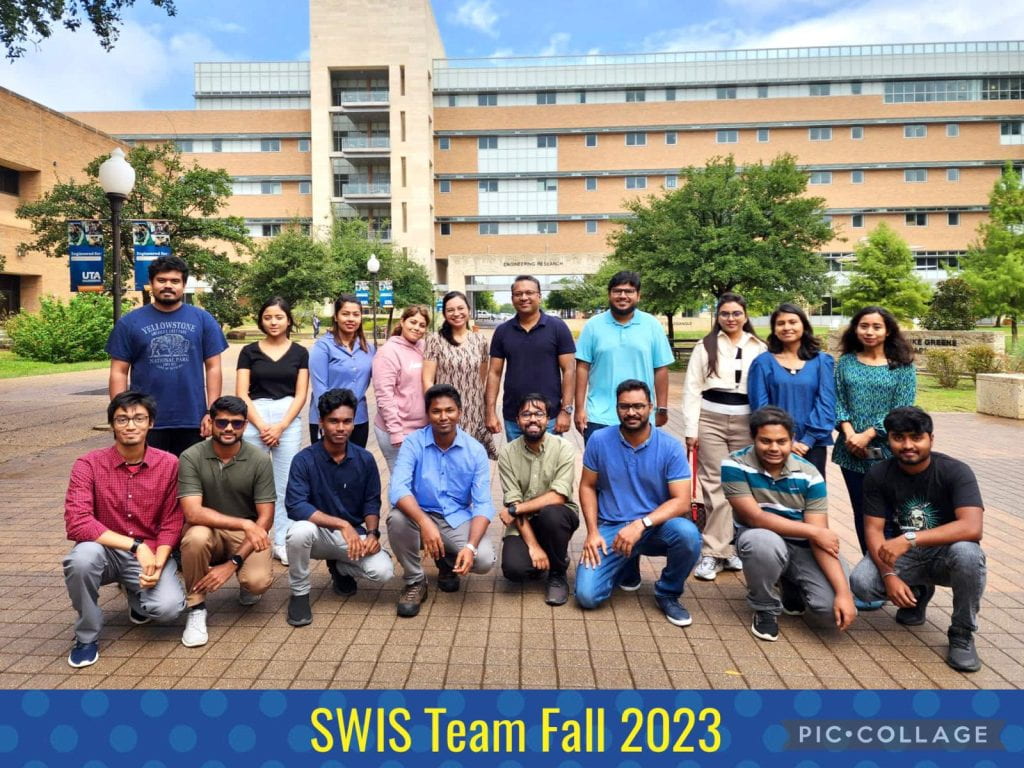Solid Waste Institute for Sustainability
Mission
The mission of the Organized Research Center of Excellence (ORCE) – Solid Waste Institute for Sustainability (SWIS) is to work on developing clean and healthy urban cities through sustainable waste management.
Objectives
- To provide better sanitation and reduce effect of waste and waste management facilities on the residents living nearby waste management facilities.
- To educate and train solid waste management personnel involved in landfill operation from Texas, USA and other developed and developing countries.
- To help young generation/waste management professionals develop business related to waste management, recycling and create jobs. This will ultimately lead to poverty alleviation.
Solid Waste Institute
for Sustainability
The Solid Waste Institute for Sustainability (SWIS) at UT Arlington will combine science, engineering, and social science expertise in developing new methodologies and solutions in order to explore international paths to sustainable waste management. Located in the heart of the Dallas-Fort Worth Metroplex, SWIS has goal to work for better future by developing sustainable solid waste management that incorporate the economy, people and environment which will be beneficial to all cities in Texas, USA, and other countries.
Background
World cities generate about 1.3 billion ton of solid waste per year. This volume is expected to increase to 2.2 billion tonnes by 2025 (World Bank Report, 2012).
Cost increases will be most severe in low-income countries (more than 5-fold increases) and lower-middle income countries (more than 4-fold increases).
Average waste collection rates are directly related to income levels. Low-income countries have low collection rates, around 41%, while high-income countries have higher collection rates averaging 98% (Cointreau, 2008).
Challenges in Solid
Waste Management
- Collection and management, and related technology
- Training and management
- Development of waste management practices
Issues in Solid
Waste Management
- Health
- Environment
- Economy



Solid Waste Management
in Developed Countries
Case 1
Demonstration and protest occurred against the opening of a new landfill on the slopes of Mount Vesuvius on October 21, 2010 which led to a riot and violent clash between local residents and police.
Case 2
Sweden runs out of garbage which is used to power 250,000 homes, forced to import garbage from Norway (Mother Nature Network, 2012) due to high recycling activities.
Solid Waste Management
in Developed Countries
Open dumping and burning of solid waste are common practices in developing countries which produce dioxin emissions, damaging air quality through soot emissions and the climate through carbon dioxide emissions. Uncontrolled landfills emit one third of anthropogenic methane emissions globally (ISWA Report, 2012). Rotting untreated waste spreads malaria, dengue fever, cholera, typhoid, respiratory and skin diseases, even cancer. In African, Asian and Latin American megacities, hundreds of millions of people are expected to be urbanized within the next 25 years and will create new challenges in solid waste management (ISWA, 2012).
